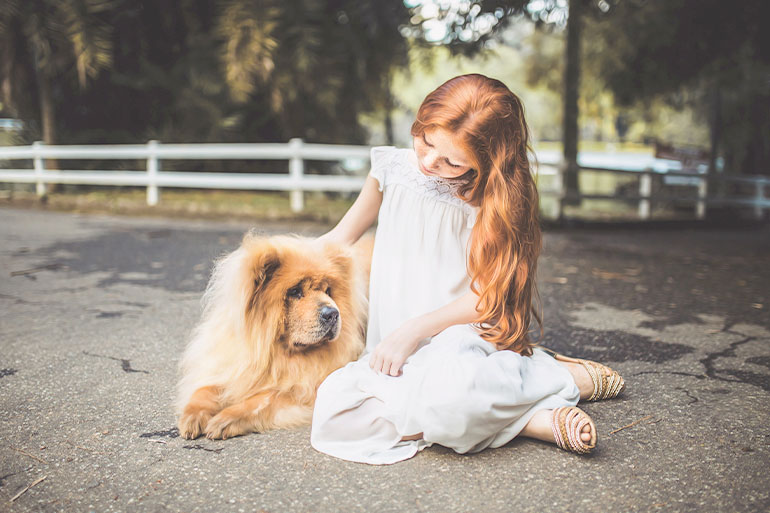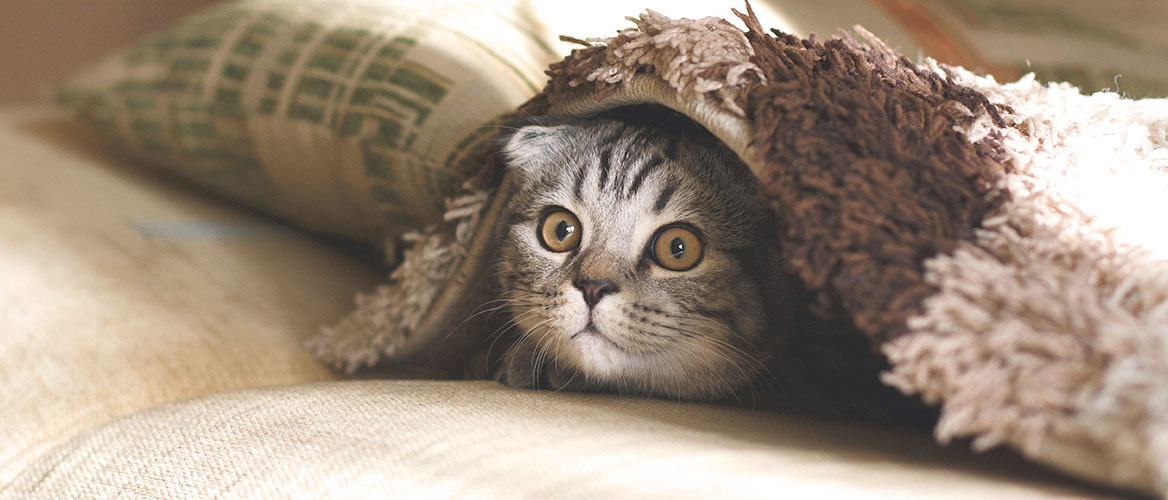January 21, 2025
November 18, 2022
If there is one thing we have learned in recent years, it is that vaccines are extremely important for our health. They help us to prevent diseases, to strengthen collective immunity, to prevent the development of certain viruses and, most importantly, they save lives. And by lives, we don't just mean human lives.
Our pets, that is, the animals we choose as life companions, must also be vaccinated and protected against certain diseases that affect their health and, therefore, the health of the whole family. In this article we are going to talk about pet vaccinations; we will see which ones are the most essential vaccinations and how we can keep our animals protected all year round.

Which pets need to be vaccinated?
Normally, when we think of a pet, we think of dogs and cats. They are the adopted pets par excellence. Undoubtedly, dogs and cats that come into the family must be vaccinated so that they are protected themselves, and also to protect the rest of the family. But cats and dogs are not the only ones.
When we have other pets, such as rabbits and ferrets, they should also be vaccinated. These animals, although to a lesser extent, are very popular as pets. For this reason, they must be vaccinated, among other things, against one of the greatest threats: rabies.
Let us remember that beyond the obligatory nature of certain vaccinations (whose regulation, as we shall see, is not the same throughout all of Spain), pet owners are responsible for the health and well-being of their pets.
When to vaccinate?
As a general rule, we need to start vaccinating our pets when they are completely healthy, dewormed, and have a mature immune system.
In dogs, for example, the time to start vaccinations is usually when they are around 40 days old (or six weeks). Until that time, the animal still retains the defences passed on by the mother, but from that time onwards, it needs external defences, in this case, vaccines.
Deworming the animal is also a fundamental step before vaccination for it to be effective. The parasites that the animal may have and transmit are a real threat to the humans that live with it. To avoid contagion, deworming should be carried out throughout the animal's life on a regular basis.
Most frequent vaccinations for dogs
In the vaccination booklet of our dogs, the most important one is the rabies vaccine. This vaccine is not seasonal (i.e., given at the same period every year), as in the case of the flu vaccine in humans. Instead, the rabies vaccine must be given to each animal when indicated by the vet, considering its age and physical condition.
Given the gravity of rabies, this vaccine is compulsory in both dogs and cats, and also in rabbits and ferrets. It is the only vaccine that is compulsory throughout Spain, except in the Autonomous Communities of Galicia and Catalonia (in this last case, this situation may change in the following months). It should also be clarified that, even in these communities, the administration of this vaccine is widely spread thanks to the awareness of the guardian families. Then, depending on the autonomous community, the rabies vaccination is annual or biannual.
Rabies was a real problem in Spain until 1975, when the last major outbreak occurred. Pet vaccinations are our best defensive weapon to prevent this and other diseases from affecting our animals and us. As you may know, there is no cure against rabies, which is a deadly disease, both for pets and humans.
In addition to the rabies vaccine, adenovirus, parvovirus, and distemper vaccines are recommended (and mandatory in some cases). If our dog is going to lead a very active life in constant contact with nature (walks in the countryside, contact with other dogs in different contexts, etc.), the leptospirosis vaccine is recommended as well.
Most frequent vaccinations for cats
When it comes to cats, it is also necessary to consider their lifestyle, as the same vaccinations will not be necessary depending whether the animal lives in a flat from which it hardly moves or if, on the contrary, it is a cat that lives outdoors and in contact with other animals.
In any case, the basic recommended vaccinations are the triple viral vaccine (this is undoubtedly the most important for cats), leukaemia and rabies.
How can we protect our pets?
Bearing in mind all the above, we must take care of our pets throughout their lives and in a holistic manner. We must not neglect their physical activity, we have to give them an adequate diet and, of course, regular veterinary check-ups.
A smart option is to have a good insurance policy that avoids surprises and unexpected expenses. If you are looking for protection for your pet, you can take a look at MIMascota pet insurance now to comply with legal requirements, and rest easy knowing that you're covered in case your furry friend causes damage to third parties. And all of this, for just a small monthly fee!
Nobody wants unpleasant situations such as having your pet sick or suffering an accident and not knowing what to do or where to go. That is also why it is important to have a trusted vet or a veterinary clinic where they know us and can tell us how to act.

One last recommendation
Once you start vaccinating your new pet, it is very important to respect the booster schedule. There is no point in giving only the first dose and delaying or eliminating subsequent booster doses. Consistency will be essential to maintain the animal's immunity to a variety of diseases.
As you can see, vaccinating pets is our responsibility as guardians. We must do it to protect herd immunity as well as to maintain and prolong the life of our furry companions. Remember, they are with us on this journey, so taking care of them is our best way of thanking them for their love and affection.
As always, feel free to leave us a comment or drop us an email if you have any questions. We'll be happy to help! And now, give your pet a cuddle for me! See you next time!
.png?width=344&height=67&name=logo_caser%20(2).png)









Let Us Know What You Thought about this Post.
Put your Comment Below.